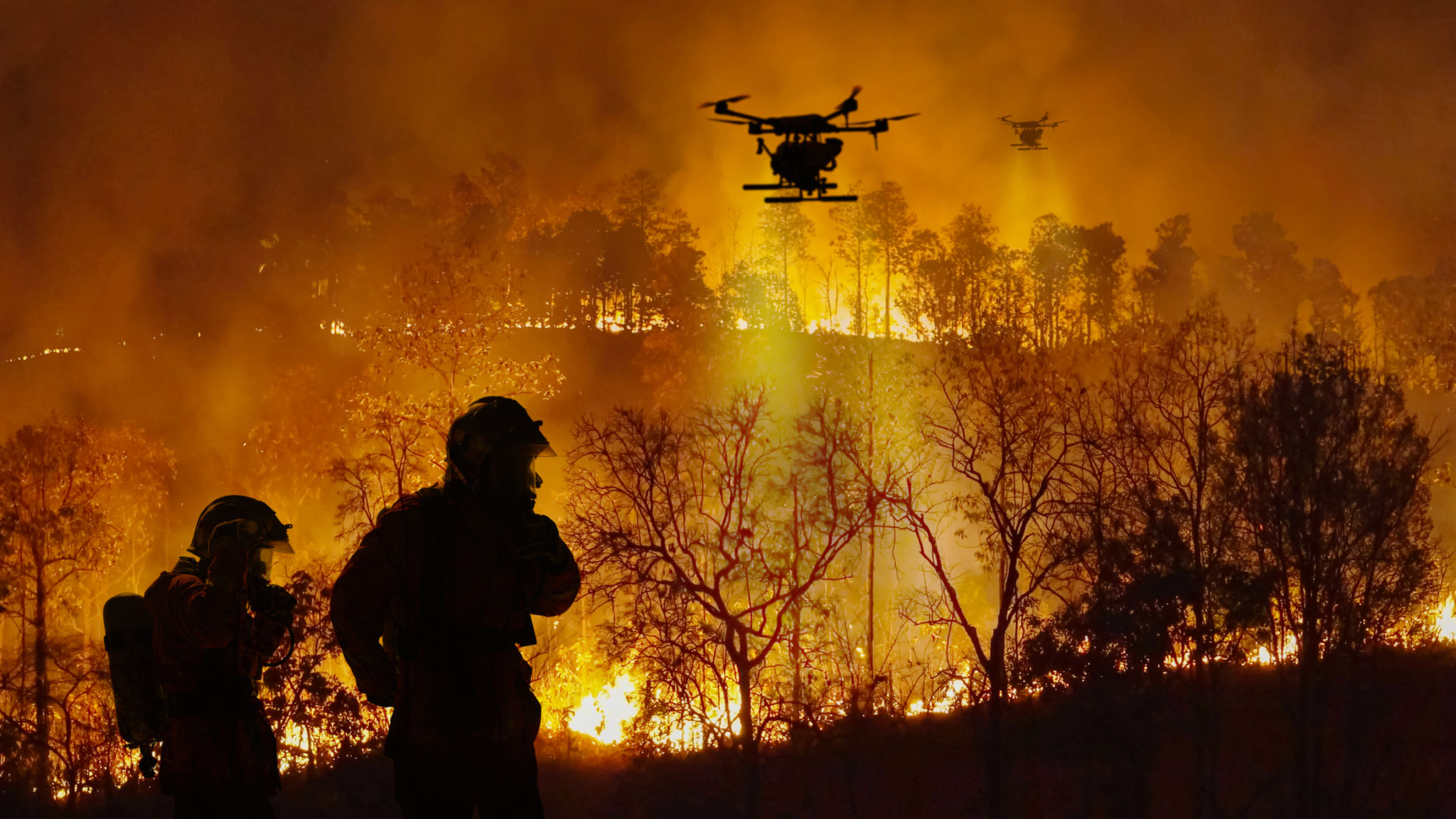The Ultimate Guide to Commercial Drone Repair: Keeping Your UAVs in Top Shape
Understanding the Basics of Drone Repair
Commercial drones, or Unmanned Aerial Vehicles (UAVs), have become indispensable tools in various industries, from agriculture to filmmaking. However, like any piece of technology, they require regular maintenance and occasional repairs. Understanding the basics of drone repair is crucial for keeping your UAVs in top shape and ensuring long-term reliability.
Before diving into repairs, it's essential to familiarize yourself with the different components of your drone. Key parts include the propellers, motors, battery, flight controller, and camera. Each of these components has a specific function, and any malfunction can significantly impact your drone's performance.
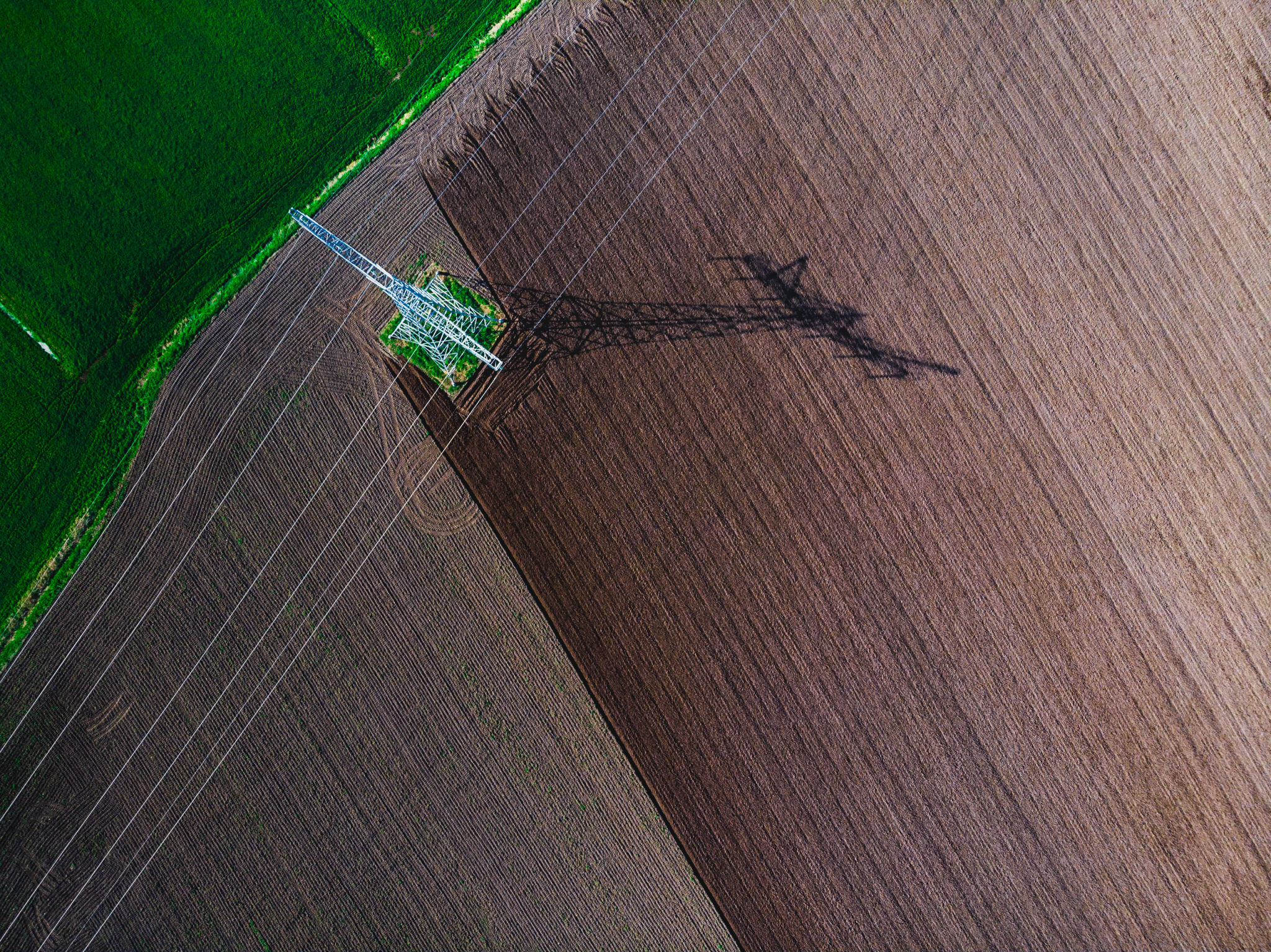
Common Drone Issues and How to Fix Them
Some of the most common issues UAV owners face include battery problems, motor malfunctions, and damaged propellers. Most of these can be resolved with some basic troubleshooting. For instance, if your drone is not taking off, check the battery charge and ensure it is properly connected.
Motor issues might require a bit more technical knowledge. If you hear unusual noises or notice inconsistent spinning, it could be due to debris or wear and tear. In such cases, cleaning or replacing the motor might be necessary. For damaged propellers, replacing them with new ones is often the best solution.
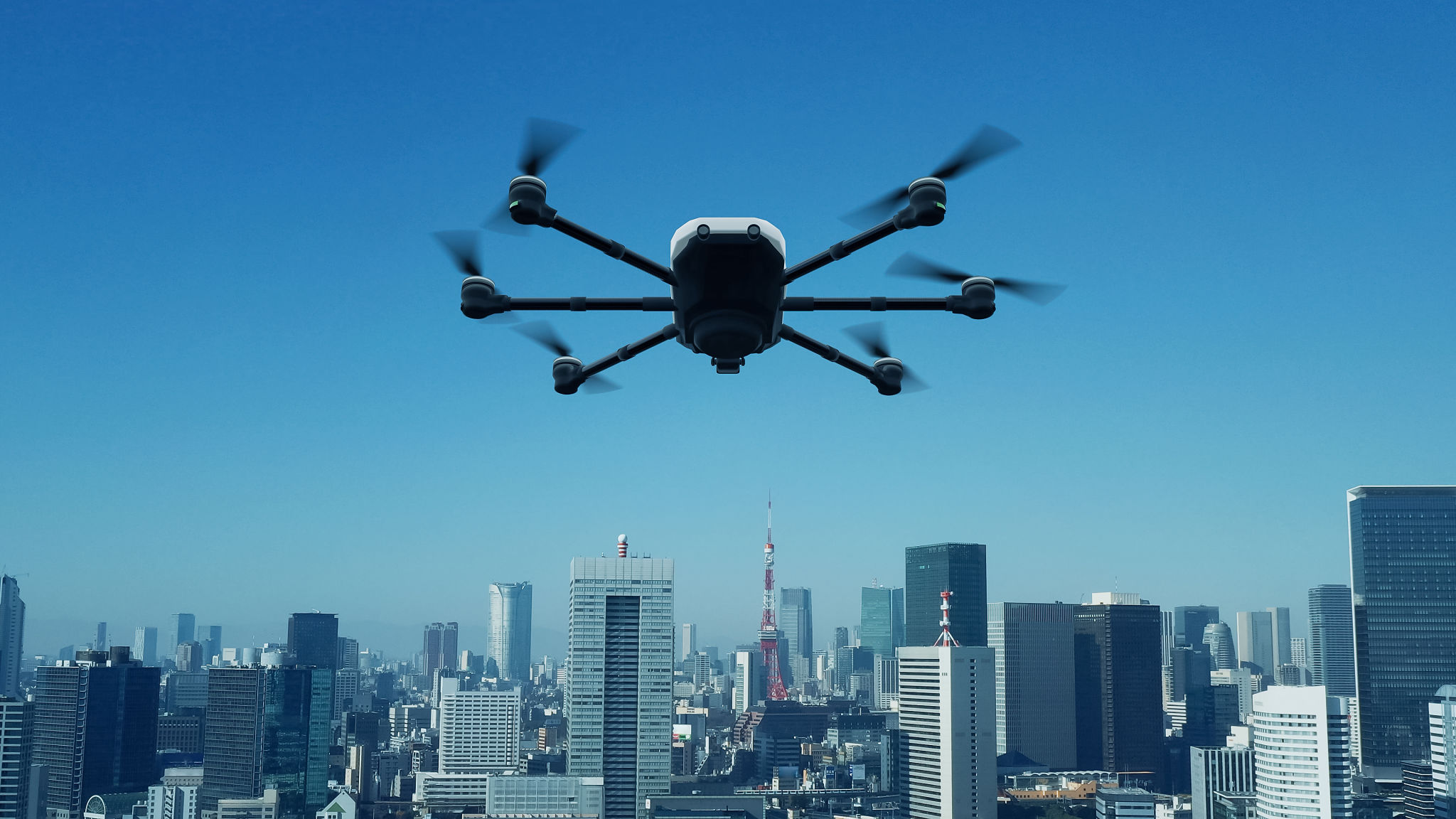
Tools You Need for Drone Repair
Having the right tools on hand can make a significant difference in your ability to conduct effective repairs. Some essential tools include:
- Screwdriver Set: A good set of screwdrivers is crucial for accessing the internal components of your drone.
- Multimeter: This tool helps diagnose electrical issues by measuring voltage and current.
- Propeller Balancer: Ensures that your propellers are perfectly balanced for smooth flight.
- Soldering Kit: Useful for fixing electrical connections.
Investing in these tools can save you time and money in the long run by allowing you to perform minor repairs yourself.
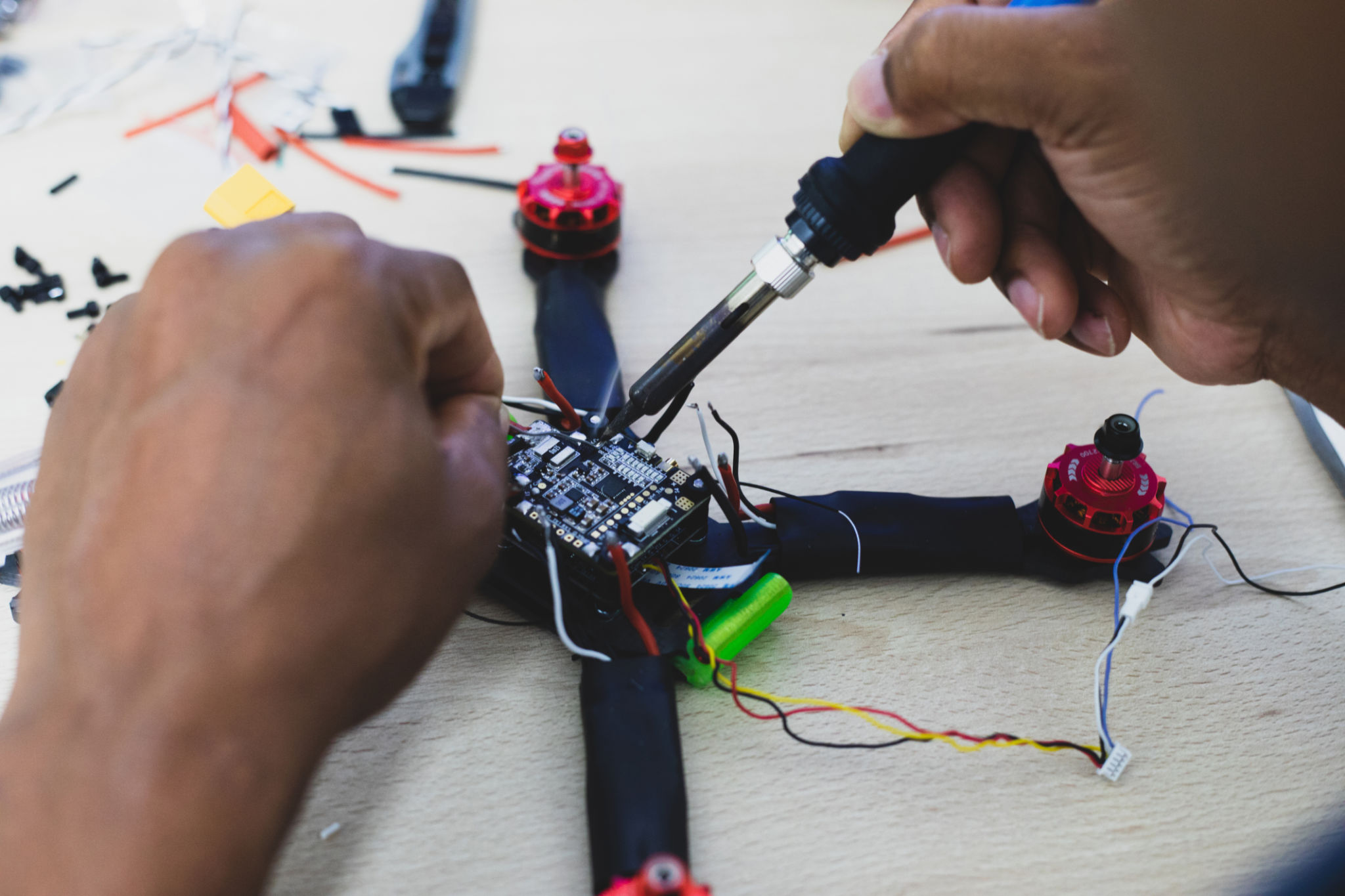
Preventive Maintenance Tips
Prevention is often better than cure. Regular maintenance can help you avoid costly repairs and extend the lifespan of your drone. Here are some preventive maintenance tips:
- Inspect Your Drone Before Each Flight: Check for any visible damage or loose parts.
- Keep Firmware Updated: Regularly update your drone's firmware to ensure optimal performance and security.
- Store Properly: Keep your drone in a safe, dry place when not in use to prevent damage from dust or moisture.
- Calibrate Sensors: Regularly calibrate sensors to maintain flight accuracy.
When to Seek Professional Help
While many repairs can be handled at home, there are times when professional help is necessary. Complex electrical issues, structural damages, or specialized camera repairs often require expert attention. Attempting to fix these problems without proper knowledge could lead to further damage.
If you're unsure about a repair or if your drone is still under warranty, it's best to consult with a professional repair service. They have the expertise and equipment needed to properly assess and fix any issues.
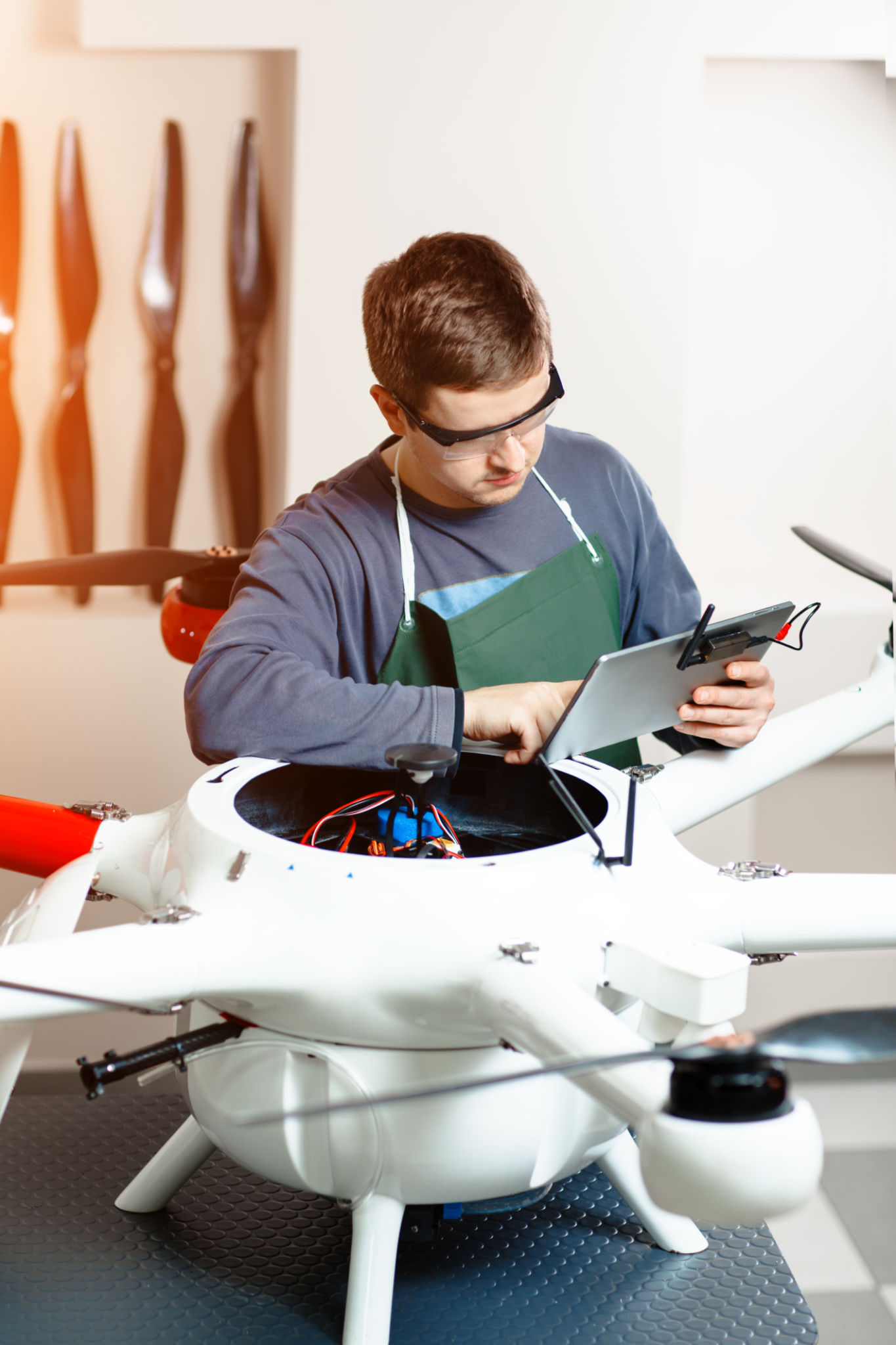
The Importance of Regular Training
Staying updated with the latest technology and repair techniques is crucial for anyone involved in drone maintenance. Regular training sessions or workshops can provide valuable insights into new tools, technologies, and methods for keeping your UAVs in optimal condition.
Consider joining forums or online communities where enthusiasts and professionals share tips and advice. These resources can be invaluable for learning from others' experiences and keeping up with industry trends.
Conclusion
Maintaining the health of your commercial drones is essential for ensuring their longevity and performance. By understanding common issues, having the right tools, and practicing preventive maintenance, you can keep your UAVs flying smoothly. Remember that professional help is always available for more complex problems. With proper care and attention, your drones will remain valuable assets in your business operations.
